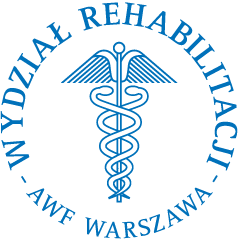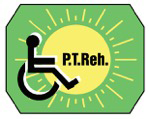


|
Current issue
Archive
Manuscripts accepted
About the journal
Editorial board
Reviewers
Abstracting and indexing
Contact
Instructions for authors
Publication charge
Ethical standards and procedures
Editorial System
Submit your Manuscript
|
1/2017
vol. 31 abstract:
A new outlook on the evaluation of health state and physical capacity of skiers with disabilities as exemplified by a female Paralympic Champion
Wojciech Gawroński
Postępy Rehabilitacji (1), 5 – 16, 2017
Online publish date: 2017/08/05
View
full text
Get citation
ENW EndNote
BIB JabRef, Mendeley
RIS Papers, Reference Manager, RefWorks, Zotero
AMA
APA
Chicago
Harvard
MLA
Vancouver
Introduction
Initially, sport for the disabled (including skiing) was only considered to be a follow-up to rehabilitation. Modifications concerning the rules and classifications of athletes (reducing the number of classes) led to increased competition and to the fact that winning started to be determined more by physical performance features than by a type of dysfunction. This required more regular training and greater training loads as well as observing health state and training effectiveness more carefully. The aim of the work is to present the methodology of assessing health state of the athletes and the level of their physical capacity and to discuss the results of the research conducted on a female skier during the period of her greatest achievements. Material and methods The research group consisted of cross-country skiers with motor disabilities who were preparing for Paralympic Games in the years 2002-2010. A regular complex model of assessing health was implemented. It consisted of medical examinations and a physical capacity test (to failure) during which selected physiological and metabolic indices as well as the amount of work and mean power were marked. Results Health assessment consisted of the report confirming that the athlete is capable of taking part in training sessions and competitions. The results of a physical capacity test, i.e. duration of work, peak power and power at the anaerobic threshold as well as heart reactions show the moment when the subject demonstrated the highest level of physical capacity in the course of the observation. Conclusions A regular observation makes it possible to prevent negative health consequences of increased training loads and to monitor the reactions of the subjects’ bodies to the tasks in particular periods of the preparation cycle. Sports achievements of the female athlete confirm the effectiveness of the training and observation, while her features may serve as an example of morpho-functional posture which enabled her to compete for the title of the Paralympic Champion in cross-country skiing. keywords:
Para-Olympians, disabled skiers, medical examinations, physical capacity tests |
    |